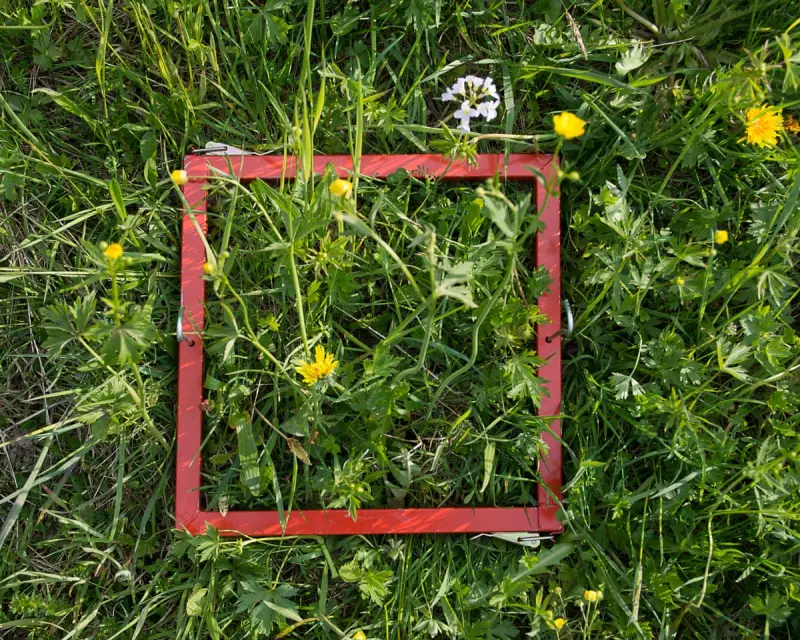
A startling new study has revealed the dramatic decline of Switzerland's cherished Alpine meadows, with intensive farming practices driving nearly 60% of plant species to local extinction in some grassland areas.
The comprehensive research, conducted across nearly 1,000 grassland sites, paints a concerning picture of biodiversity loss in one of Europe's most iconic landscapes. Scientists found that the very practices designed to boost agricultural productivity are systematically stripping these ecosystems of their natural diversity.
The Disappearing Flora of Swiss Countryside
Over the past two decades, researchers have documented a troubling pattern: specialised native plants that once thrived in Switzerland's grasslands are being replaced by common, aggressive species. This homogenisation of plant life threatens the ecological balance that has sustained these environments for centuries.
The most affected areas show losses of up to 58% of their original plant species, creating ecological deserts where once diverse communities flourished. This decline isn't just about losing pretty flowers—it represents a fundamental breakdown in ecosystem function.
Agricultural Intensity: The Primary Culprit
The study clearly identifies intensive farming methods as the main driver of this biodiversity crisis. Practices such as frequent mowing, heavy fertiliser use, and irrigation are creating conditions where only the toughest, most competitive plants can survive.
"We're seeing a dramatic simplification of these complex ecosystems," explained the lead researcher. "The very characteristics that made Swiss meadows so biologically rich are being systematically eliminated by modern agricultural pressure."
Conservation Efforts Falling Short
While Switzerland has implemented biodiversity promotion areas, the research suggests these measures are insufficient to counter the overwhelming impact of intensive agriculture. The study calls for more robust conservation strategies that address the root causes of biodiversity loss rather than merely treating the symptoms.
The findings have significant implications for policymakers and conservation groups working to protect Europe's remaining natural grasslands. As one expert noted, "We're not just losing plants—we're losing the foundation of healthy ecosystems that support everything from pollinators to soil health."
This research serves as a stark warning about the hidden costs of agricultural intensification and the urgent need to balance productivity with ecological preservation.





